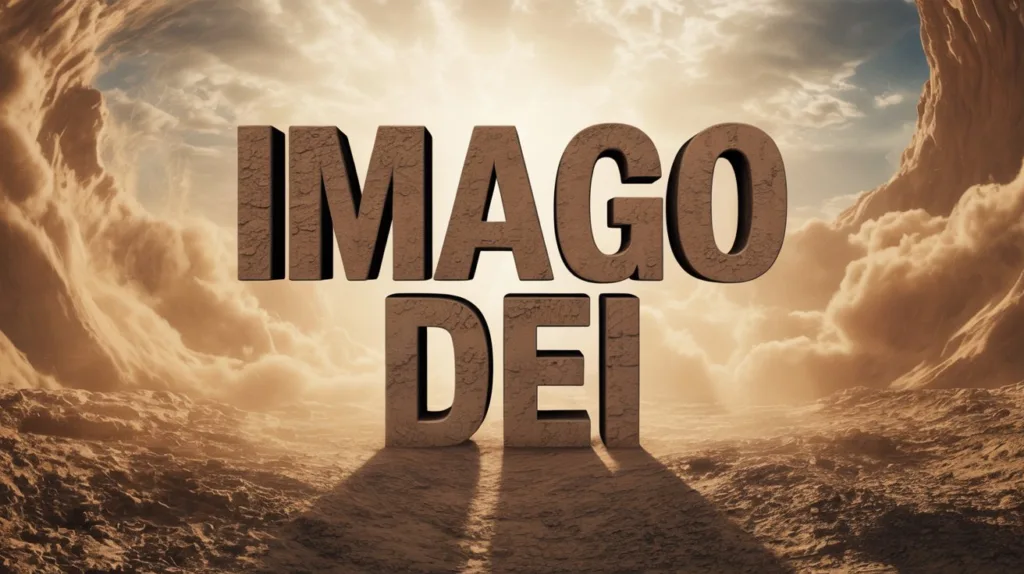Noah is a central figure in the early chapters of Genesis, known for his faith, obedience, and the role he played in preserving life through the judgment of the flood. Genesis 6:9 says, “Noah was a just man, perfect in his generations. Noah walked with God.” At a time when the earth was filled with corruption and violence, Noah stood apart in righteousness.
God chose Noah to build the ark because he found grace in His eyes (Genesis 6:8). Though he lived in a wicked generation, Hebrews 11:7 says, “By faith Noah, being divinely warned of things not yet seen, moved with godly fear, prepared an ark for the saving of his household.” His obedience demons/”>demonstrated reverent fear and unwavering trust in God’s Word.
Noah preached righteousness while building the ark (2 Peter 2:5), though the people did not repent. When the flood came, Noah, his family, and the animals God brought into the ark were saved, as recorded in Genesis 7.
After the flood, Noah offered burnt offerings to the Lord (Genesis 8:20), and God established a covenant with him, marked by the rainbow, promising never again to destroy the earth by flood (Genesis 9:11-13).
Yet, Noah was not without failure. Genesis 9:21 records that he became drunk and lay uncovered in his tent, leading to the cursing of Canaan. His life is both a testimony of faith and a reminder of human weakness.
Noah’s legacy is that of a man who trusted God in a time of judgment and was used by God to preserve life and carry forward His covenant purposes.





 Get the book that teaches you how to evangelize and disarm doctrines from every single major cult group today.
Get the book that teaches you how to evangelize and disarm doctrines from every single major cult group today.